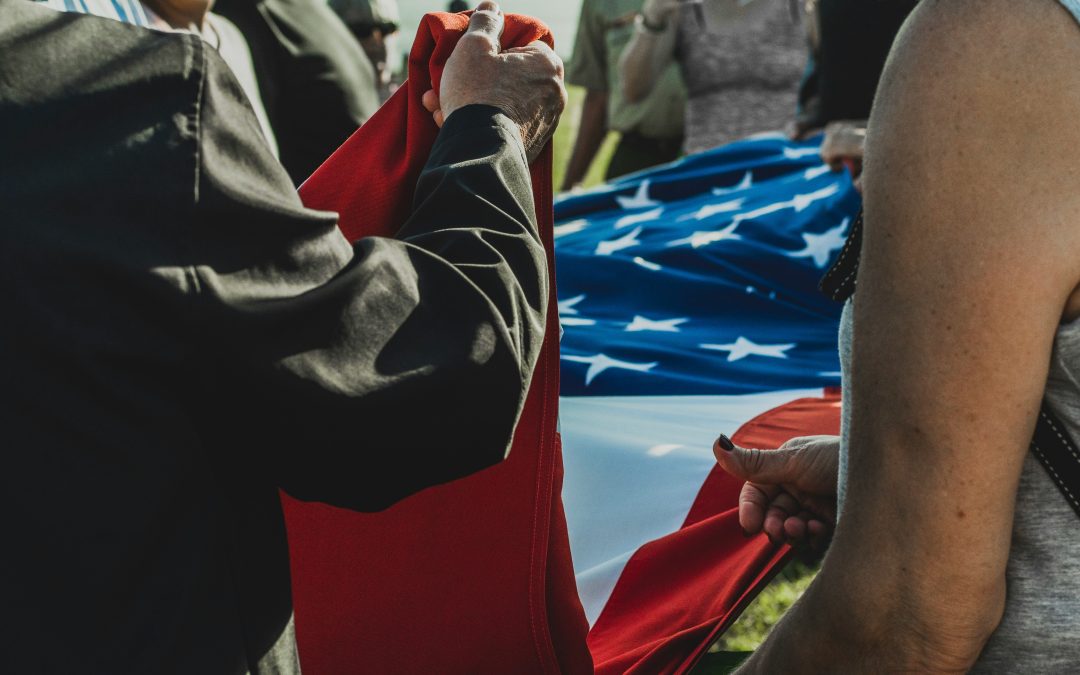Brian Peterson & Roest have created an inspiring story of success – from having an ambitious goal to successfully introducing urban bees to Detroit, These two individuals demonstrate sheer hard work and determination. Their non-profit organization’s mission to bring bees into the city has been wildly successful, wherein over 225 hives have been placed in urban locations across both neighborhoods and vacant sites. They have found remarkable success, garnering the support of knowledgeable natives and their innovative research findings on urban bee functionality.
Introducing Urban Bees to Detroit
Brian Peterson and his husband Brian Roest had an ambitious goal – to found Bees in the D, a non-profit organization dedicated to introducing urban bees to Detroit. Through their hard work and dedication, they have been successful in placing over 225 hives in 75 urban locations across Detroit. Their research reveals that urban bees outperform rural and suburban bees due to the availability of diverse plant life such as green roofs, decorative planters, and vacant lots. In addition, bees can fly up to five miles a day in search of nectar, making them perfectly suited to thrive in cities like Detroit, New York, San Francisco, and Boston.
The couple’s inspiring story of success and passion for the environment is a testament to their determination and commitment.

The Story of Bees in the D
It’s an inspiring tale of entrepreneurship and passion that brings a warm smile to the face of all who hear it. Peterson, a Detroit resident, had a passion for beekeeping which he wanted to share with his new home. This led him to ask a friend who owned a bar on Jefferson if he could put some bees on their roof – they agreed, and before long, word spread across five counties, and Bees in the D was born! With 225 hives now in 75 locations, this inspired success story has been featured on Wheel of Fortune, spreading the word even further.
The Industrious Nature of Bees
Brian Peterson, a beekeeper, proudly states that bees are one of the most industrious creatures on the planet. They collect nectar to make honey so that they can survive winter instead of hibernating or dying out. Bees are so productive that they often leave around 80-100 pounds of honey in each hive for themselves to consume during the winter. Beekeepers, however, must be mindful to not take too much of the honey and respect the bees’ supply.
Brian Peterson’s Unique Honey Flavors
Brian Peterson proudly proclaimed, “It’s incredible to be able to offer customers the unique flavors of honey that come from different flowers and locations. We don’t mix our harvest, so each jar produced has its distinct flavor – much like a fine wine! And when bees produce more than enough for their winter needs, we take advantage of it and harvest the extra to fund our organization.”
He went on to explain that honey connoisseurs can identify where a jar of Bees in the D honey came from by looking at the safety seal for a handwritten code. For example, OAC indicates that the honey was harvested near the Outdoor Adventure Center, just down the street from the Rivertown Market in Detroit.
Supporting Local Businesses and Beekeeping
The pride of the Detroit area was unmistakable when Bees in the D had an opportunity to educate the public at Meijer’s Rivertown Market. This led to the creation of a co-branded T-shirt, with the Meijer logo on one sleeve and the Bees in the D logo on the other, and across the back, it said Worker Bee. Soon after, Woodward Corner Market began carrying the product too, allowing for more support from small businesses, local farmers, and producers. With the help of organizations like Bees in the D, beekeeping is becoming a thriving practice again.
Not only is honey a superfood, but it’s also the most preservable food on this planet. It’s inspiring to see Detroit leading the way in sustainability and elevating the status of honey.
John and Brian’s passion for the environment and determination to make Bees in the D a success is inspirational. Through hard work and dedication, they have been able to introduce urban bees to Detroit, creating an unprecedented opportunity to bring awareness to the importance of conservation and the role of bees in our ecosystem. Their accomplishment speaks to the potential of achieving more when people are willing to take risks and strive for greatness. By demonstrating the power of compassionate action, they serve as a beacon of hope for others striving for similar inspirational ends.






